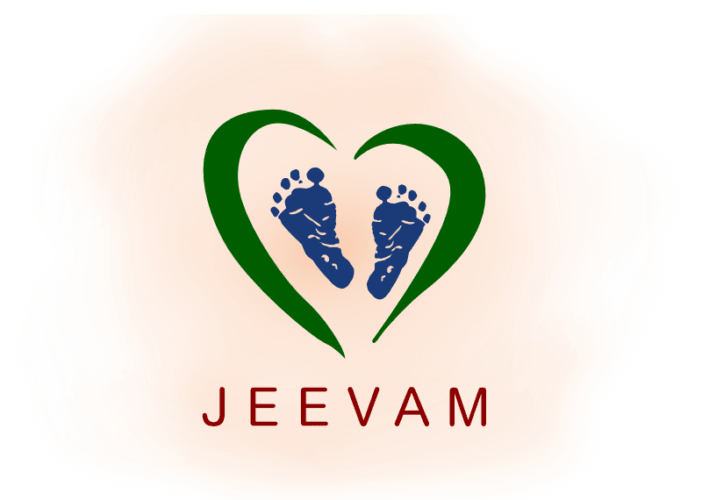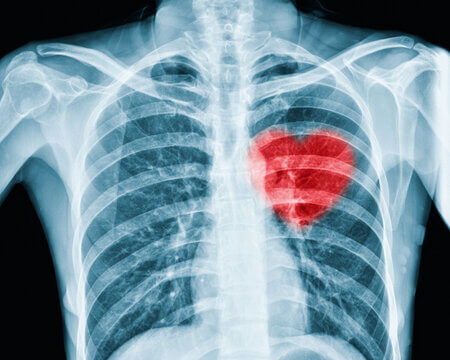Tags: germs, antibodies, medicine, exercise, flu, sick, vaccines, immunesystem, infection, vaccine
Home » Health Blog » Fall Flu Season: Preventative Measure Vaccination!
Quick Links
-

Are You Ready To Live Better?
Latest Health Posts

SUBSCRIBE TO OUR HEALTH BLOG
Notice: JavaScript is required for this content.



